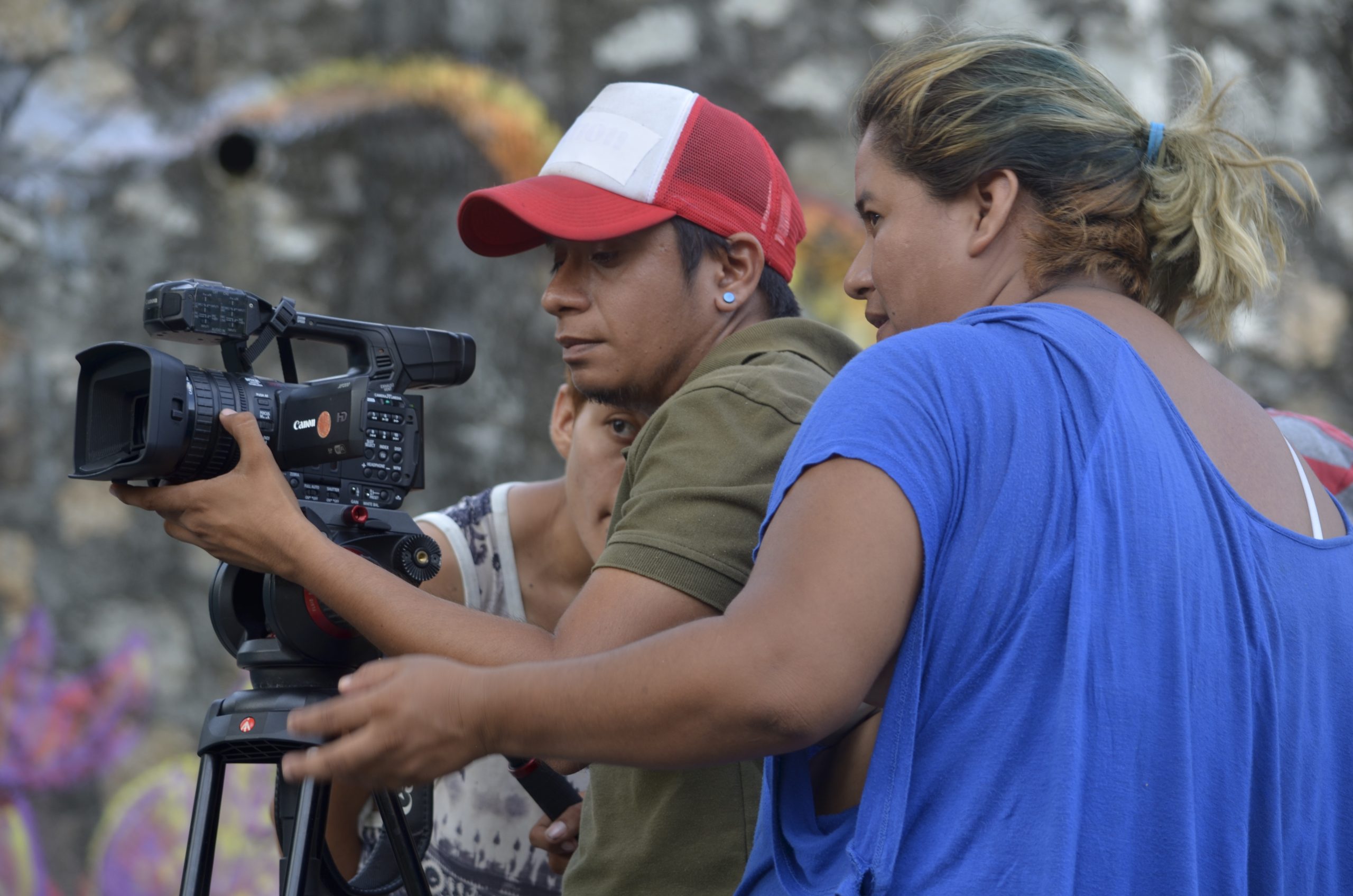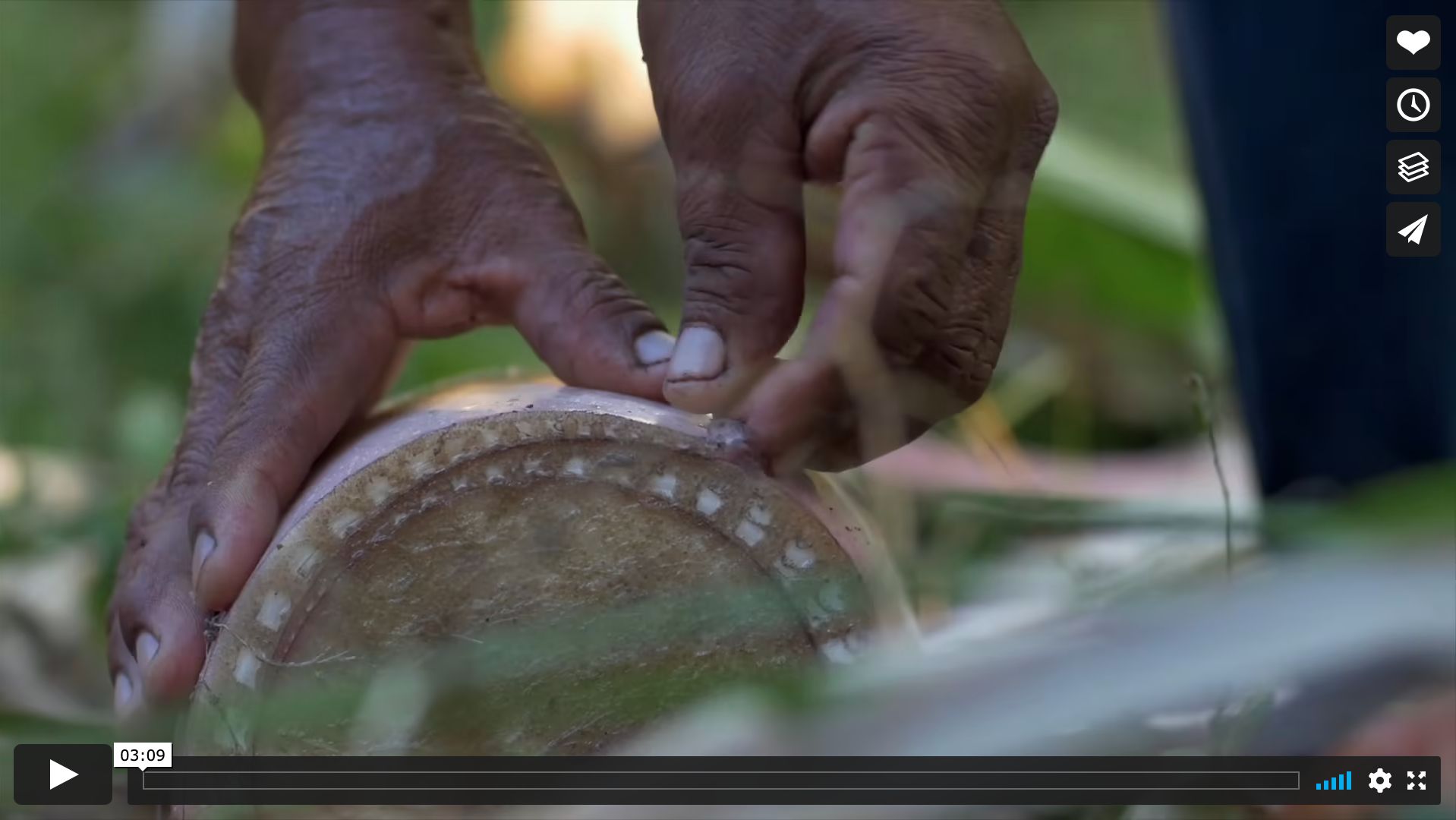
Filmmakers as community storytellers
Founded in 2005 by Gael García Bernal, Diego Luna and Elena Fortes, Ambulante works with communities in Mexico’s rural and indigenous regions to develop and promote documentary films. Their model of working is designed to support people to tell their own stories and to promote documentary filmmaking as a tool for social and cultural change.
Focussing in areas where documentary film and training are rarely available, Ambulante aims to develop both filmmakers and audiences. Their annual two-month international film festival tours Mexico, presenting over 100 documentaries and holding screenings in more than 150 venues all over the country. By expanding beyond commercial venues and traditional exhibition circuits, the tour reaches new and underrepresented audiences. The festival is non-competitive, offers more than 60 per cent of its programming for free and emphasises public discussion and conversation around the films. During the pandemic in 2020, the organisation quickly and successfully took the festival online.
Ambulante trains emerging filmmakers from across Latin America and develops storytellers within communities. The aim is to ensure that stories are told from a local cultural and aesthetic perspective.
Ambulante has trained hundreds of young filmmakers from across Mexico and in Guatemala, and supported the production of 50 shorts and four long-form documentary films. Several former students have built a career in filmmaking, including Candelaria Palma (“Rojo”, 2019), who received the Jenkins del Toro Fellowship, and Ismael Vásques Barnabé, who was awarded grants by the Mexican Film Institute (IMCINNE), National Geographic, and Sundance, to produce his 2019 documentary, “Los sones de los tejedores” (The sounds of the weavers).
“Armed to the Teeth” is an account of the 2010 extra-judicial killings of two students in Monterrey, Mexico, by the military, which was produced by Alberto Saúl Arnaut Estrada. Ambulante helped mobilise public awareness by coordinating screenings followed by Q&A sessions throughout the city, including a screening at San Lázaro Legislative Palace. This public education approach complemented the work of more traditional human rights organisations. The Mexican government issued a formal public apology for the killings in 2019.
The catalogue of films produced by Ambulante students remains open to civil society organisations who can use them as tools for social change.
Return to grantee stories

The Sounds of the Weavers (trailer)
A documentary by Ismael Vásques Barnabé. In Spanish.
